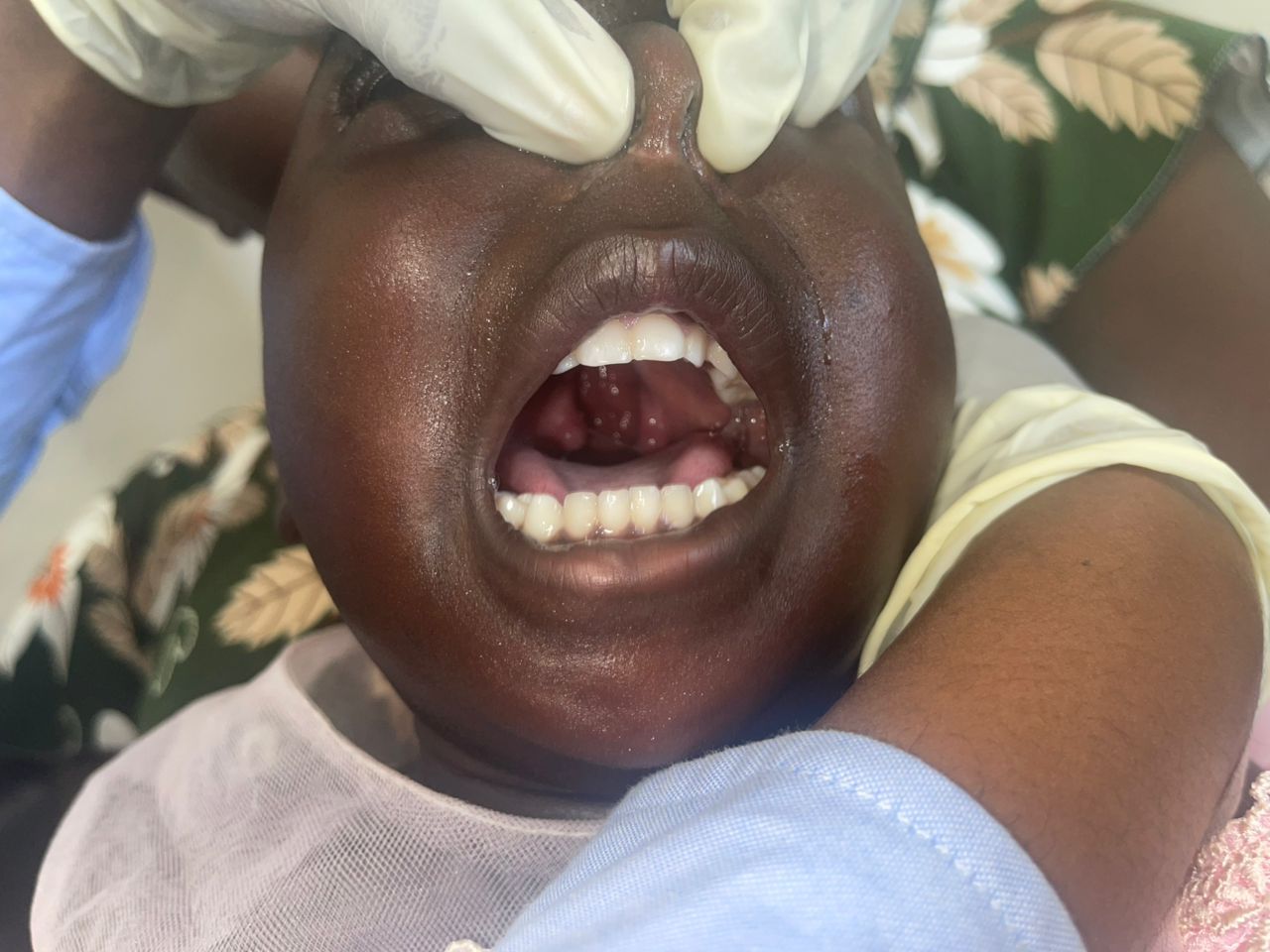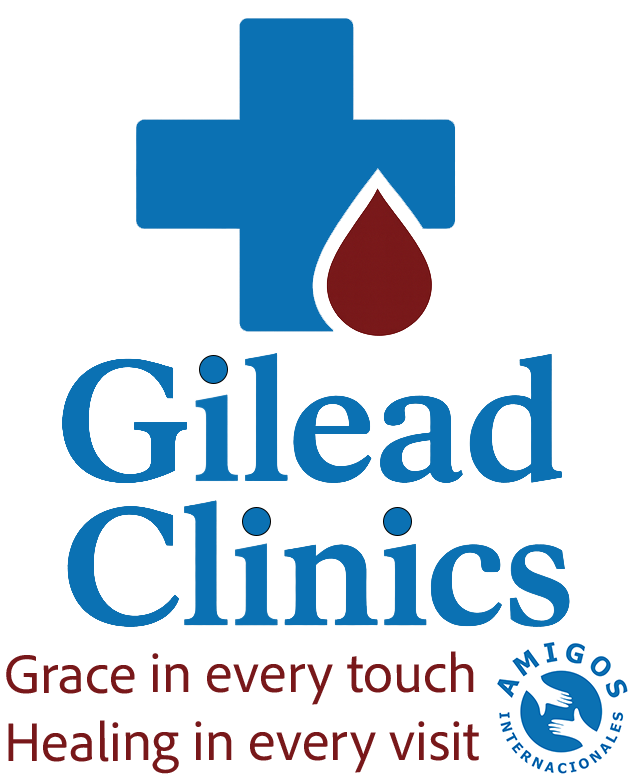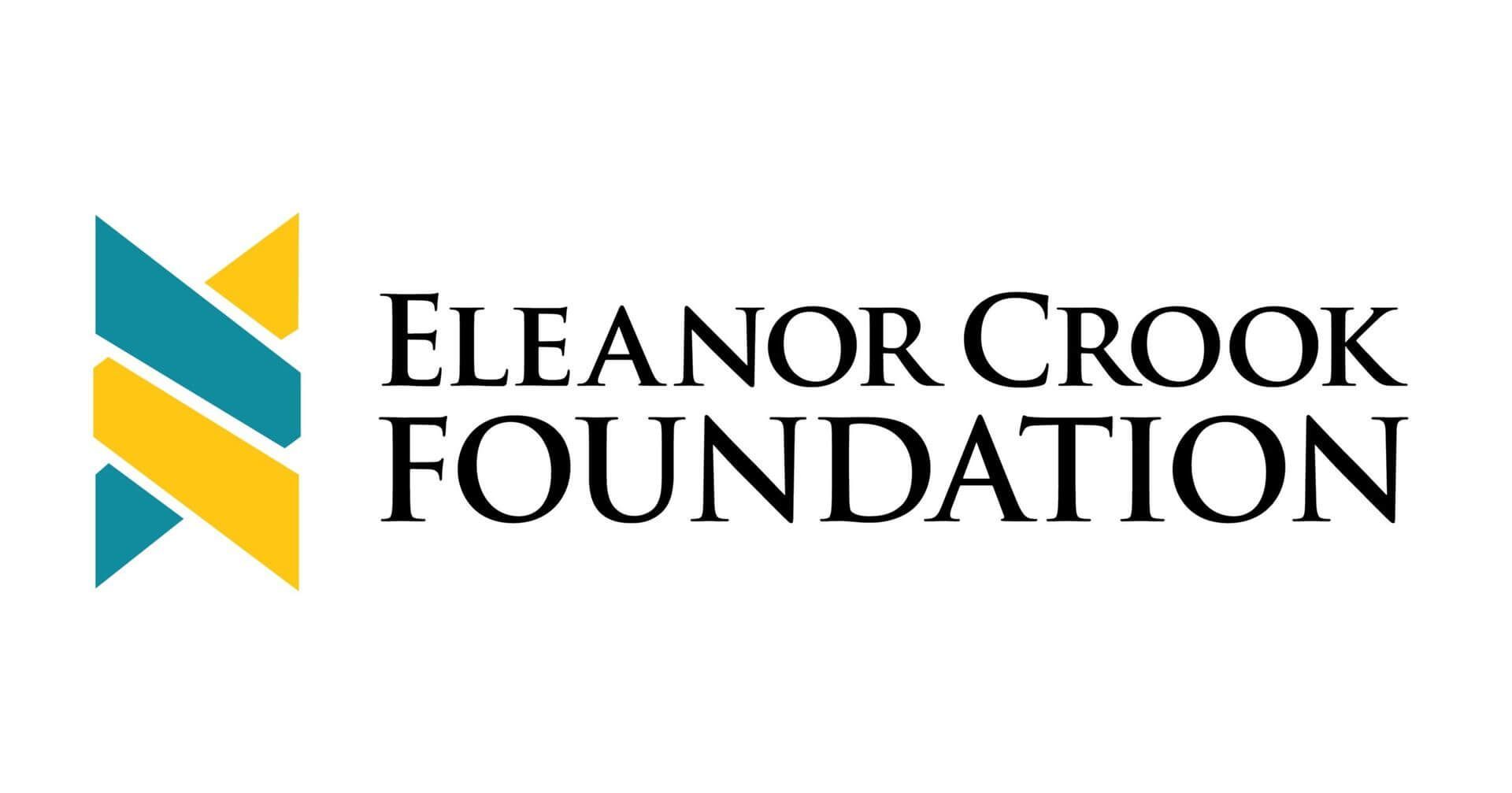Every child deserves the chance to thrive, but for families facing pediatric feeding difficulties, the path can be daunting. Take the story of Akullu Emily, a spirited 2-year-old girl who has struggled with feeding since birth, accompanied by nasal regurgitation and recurrent upper respiratory infections. Her parents have tirelessly sought pediatric surgical care, only to be hindered by financial constraints. Emily's journey is further complicated by speech difficulties, highlighting the multifaceted challenges faced by many families. This piece sheds light on the compassionate care and support needed to navigate these challenges and provides a heartfelt call to action for those who can make a difference. Read more about these challenges here.
Understanding Pediatric Feeding Difficulties
Understanding pediatric feeding difficulties is crucial for providing effective support to affected families. These challenges can stem from a variety of causes and significantly impact a child's growth and development.
Common Causes and Symptoms
Pediatric feeding difficulties often arise from medical, nutritional, or behavioral issues. Common causes include:
- Medical conditions such as gastrointestinal problems or oral-motor dysfunction.
- Nutritional deficiencies due to poor intake or absorption.
- Behavioral problems, including aversions or sensory processing issues.
Symptoms can range from poor weight gain to behavioral distress during meals. Identifying these signs early is critical for timely intervention.
- Medical Factors: Conditions like cleft palate can interfere with feeding.
- Behavioral Symptoms: Refusal to eat or limited food variety may indicate underlying issues.
- Nutritional Indicators: Malnutrition can manifest as stunted growth.
For comprehensive insights, visit this resource.


Impact on Child Development
Feeding difficulties can lead to multiple developmental challenges. Affected children might experience delays in speech and cognitive skills.
Nutritional Impact: Poor nutrition can stunt physical growth and overall health.
Speech Delays: Difficulties in feeding might correlate with speech issues, hindering communication skills.
- Physical Growth: Malnutrition can limit bone and muscle development.
- Cognitive Development: Lack of proper nutrition slows brain growth and learning ability.
- Emotional Well-being: Feeding struggles can lead to anxiety and low self-esteem.
Understanding these impacts can help caregivers provide better support. Learn more about the developmental risks here.
Addressing Nasal Regurgitation and Infections
Nasal regurgitation and infections commonly accompany feeding difficulties, posing additional challenges for families. Effective management and surgical options can offer relief.
Effective Management Strategies
Effective management of nasal regurgitation involves a multidisciplinary approach. Coordinating care between specialists ensures comprehensive support.
- Medical Treatments: Use medications to manage infections and swelling.
- Feeding Techniques: Implement positioning strategies to minimize regurgitation.
- Parental Guidance: Educate caregivers on best practices for managing symptoms.
For detailed strategies, check the guidelines here.
Role of Pediatric Surgical Care
For many children like Emily, pediatric surgical care is essential. Unfortunately, financial constraints often limit access.
- Surgical Interventions: Procedures can correct anatomical issues contributing to nasal regurgitation.
- Financial Barriers: High costs can prevent timely interventions, exacerbating health issues.
- Immediate Outcomes: Successful surgeries can drastically improve feeding and reduce infection risks.
- Long-term Benefits: Early surgical care promotes normal development and overall health.
Explore the importance of surgical care here.
Overcoming Speech Difficulties in Children
Speech difficulties are a common accompaniment to feeding issues. Early intervention and supportive resources are crucial for improvement.
Importance of Early Intervention
Early intervention is pivotal for managing speech difficulties. Timely therapies can facilitate better communication skills development.
- Speech Therapy: Trained professionals help children articulate sounds correctly.
- Family Involvement: Engaging family members enhances therapy effectiveness.
- Developmental Monitoring: Regular assessments track progress and adjust interventions.
"Early intervention can bridge the gap in a child’s developmental journey," states a study.
Support Systems and Resources
Building effective support systems can greatly assist families managing speech difficulties. Access to resources is essential for sustained progress.
- Community Programs: Local initiatives offer support groups and educational workshops.
- Online Resources: Virtual platforms provide exercises and learning materials.
- Healthcare Professionals: Regular consultations with specialists ensure comprehensive care.
- Educational Tools: Apps and videos assist with practicing speech skills.
- Peer Support: Connecting with other families offers emotional and practical aid.
For more information on available resources, visit this link.
By addressing these challenges with compassion and support, we can make a meaningful difference in the lives of children and their families.
Categories









Social Media



























